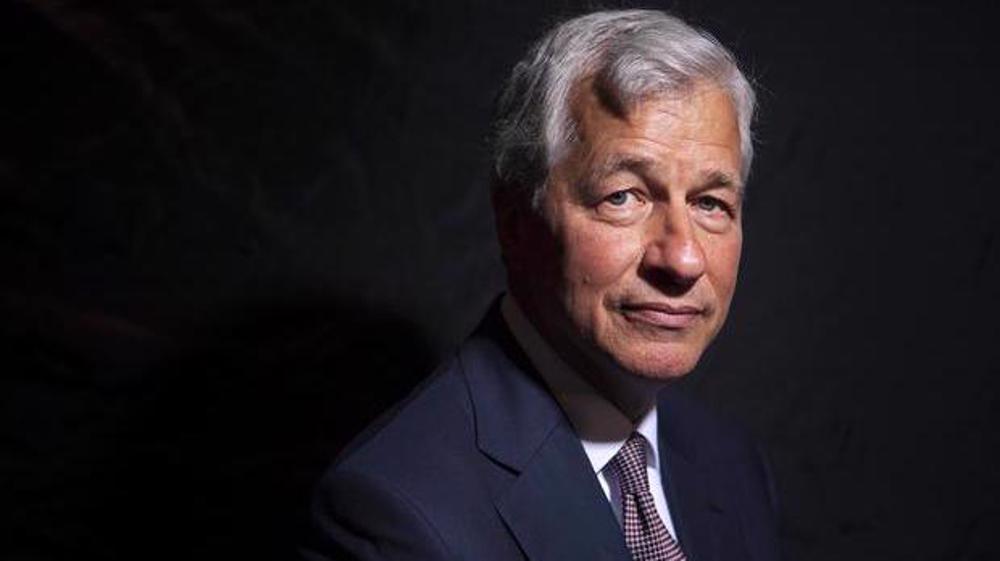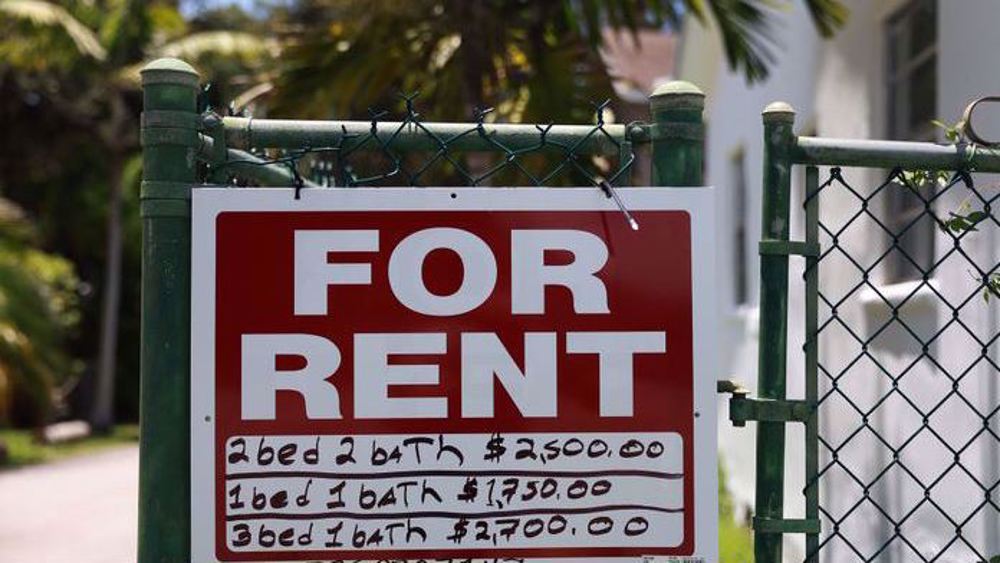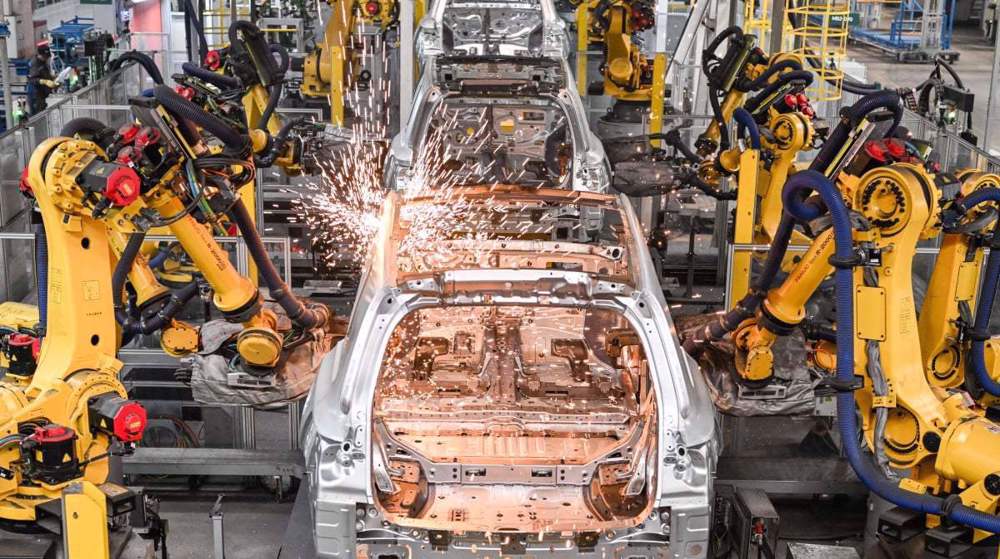Most Americans pessimistic about US economy: Poll
The majority of Americans are strikingly pessimistic about the US economy and think the economy won’t improve, according to a new poll.
Only 42 percent of adults describe the US economy as good and just 23 percent think the economy will improve this year, according to a survey released Wednesday by The Associated Press-NORC Center for Public Affairs Research.
Just a third say they'd be very confident of finding another job if they were laid-off -- a sign of vulnerability even though the Great Recession officially ended nearly seven years ago.
The United States has endured a sluggish economic recovery from the worst downturn since the Great Depression. Nothing has ignited the robust economic growth that Americans remember enjoying until the Great Recession struck in late 2007.
Some view the slow growth as a sign that the economy has never escaped the threat of another recession.
For years, Americans have seen the US political class feud over how to accelerate economic growth and extend more opportunities to people who have been left out, with little progress.
"It's just real shaky right now," said Dorothy Mszanski, 60, a former steelworker who had to retire on disability. "It's like nobody can figure out what to do."
"I've had chronic back pain, and I'm a diabetic and I'm on oxygen 24-7," she said. "If my medication keeps going up, there will be a time that I won't be able to afford to eat or buy my medicine. So what are you going to do?"
Doubts about the economy also reflects the uneven nature of a recovery that has favored the wealthier and better-educated.
The AP-NORC survey found that 52 percent of Americans with a bachelor's degree or higher believe the nation's economy is poor, while 48 percent think it’s good.
But those with a high school education or less are much more likely to consider the economy poor (63 percent) than good (37 percent) and less likely to feel confident about their finances.
Nearly 60 percent of all income gains between 2009 and 2014 went to families in the top 1 percent of earners, according to analysis by Emmanuel Saez, an economist at the University of California, Berkeley.
Still, regardless of their own circumstances, history shows that voters tend to develop negative views of the economy during presidential election years, which typically dwell on economic shortcomings, said Diane Lim, a researcher at the Committee for Economic Development, a non-partisan think tank.
Doubts about the economy lie at the heart of the split over which presidential candidate is best equipped to lead the country.
VIDEO | Press TV's news headlines
France fails to ban anti-Islamophobia protests
In Numbers: 200 days of Israeli genocidal war against Palestinians in Gaza
Death toll mounts in Gaza as Israeli genocidal war marks 200 days
Hamas dismisses US accusation of obstructing ceasefire in Gaza
Gaza solidarity protests sweep US universities despite police crackdown
Tension flares in India after Modi's anti-Muslim hate speech amid elections
Iran, Pakistan to bring peace, stability to region through cooperation: Raeisi










 This makes it easy to access the Press TV website
This makes it easy to access the Press TV website